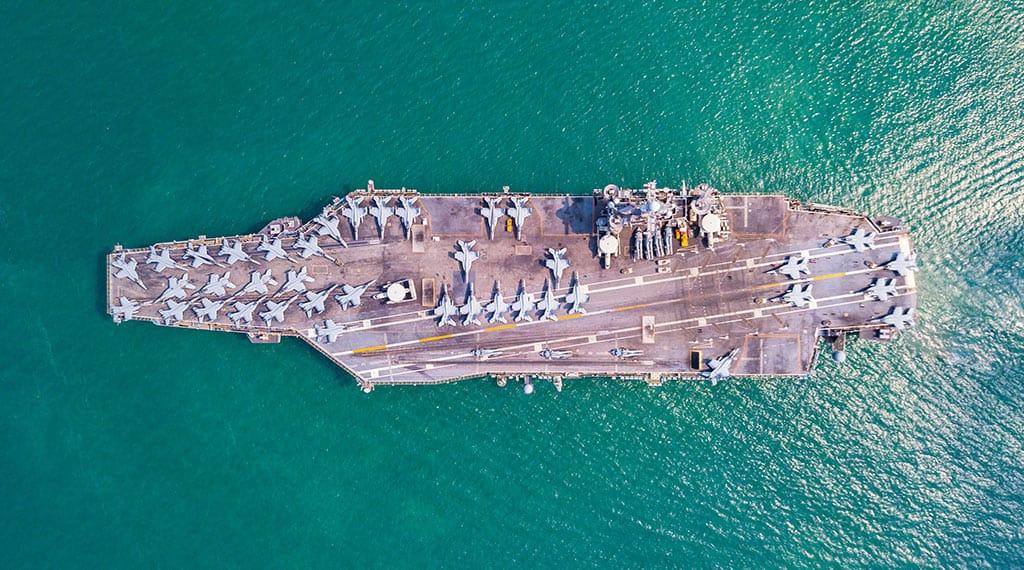
It is not credible to envision with any confidence a decisive, permanent military victory in any U.S.-China war—be it over Taiwan or another topic of contention—unless the two countries collectively wind up in Armageddon.
In recent months, as China’s threats against Taiwan have mounted, strategists and policymakers have been debating whether it is time for a change to the somewhat tortured method by which the United States has sought to preserve stability across the Taiwan Strait since the late 1970s. The current policy of “strategic ambiguity” seeks to keep everyone guessing as to whether America would militarily counter a Chinese attack on its much smaller neighbor. Washington’s specific response would depend on how a crisis began and unfolded. That is because America has had multiple, sometimes conflicting goals—to deter China from attack, to preserve good U.S.-China relations, and to discourage pro-independence forces within Taiwan all at once. Some now favor discarding this elaborate balancing act in favor of an unambiguous commitment to Taiwan’s security.
- LIVE NOW – Weaponization of US Government Symposium - April 9, 2024
- CSP author of “Big Intel” is American Thought Leaders guest on Epoch TV - February 23, 2024
- Four weeks after release, Big Intel remains a #1 Amazon bestseller - February 13, 2024
